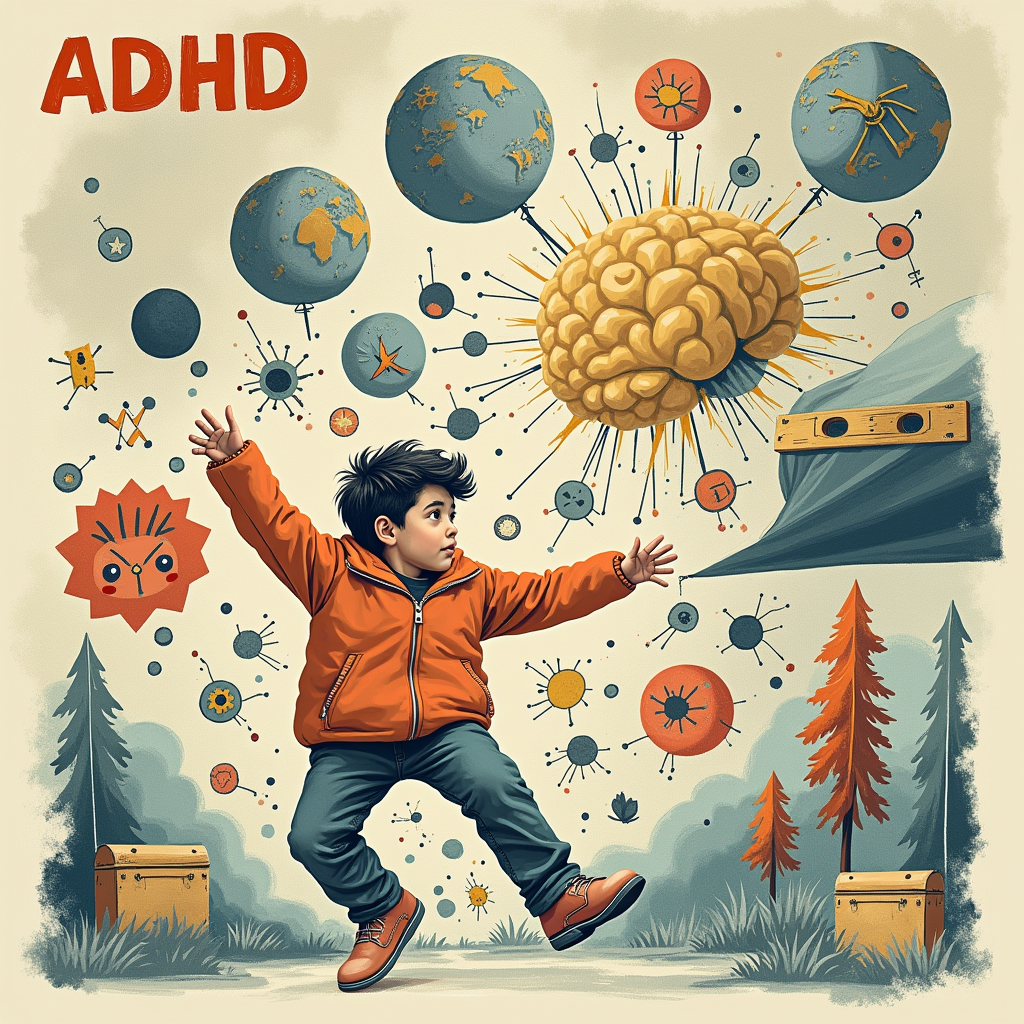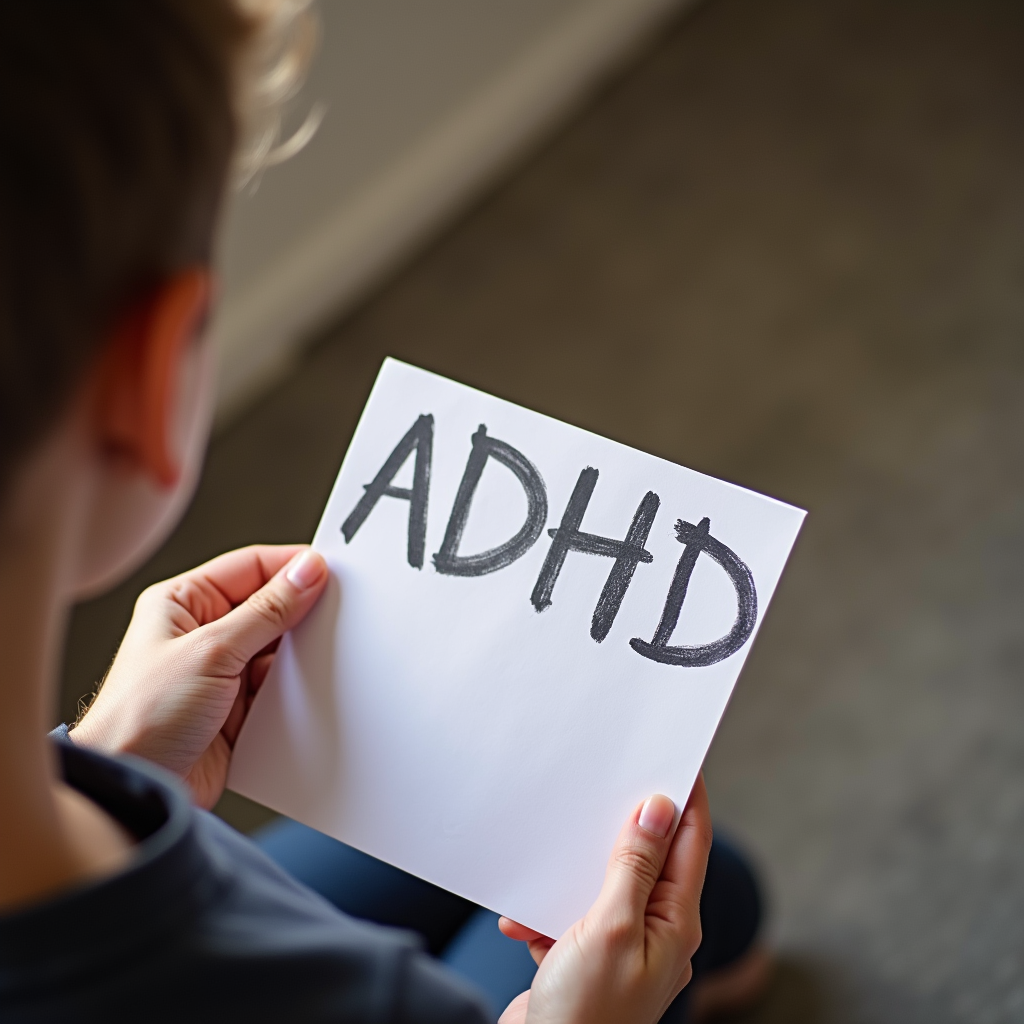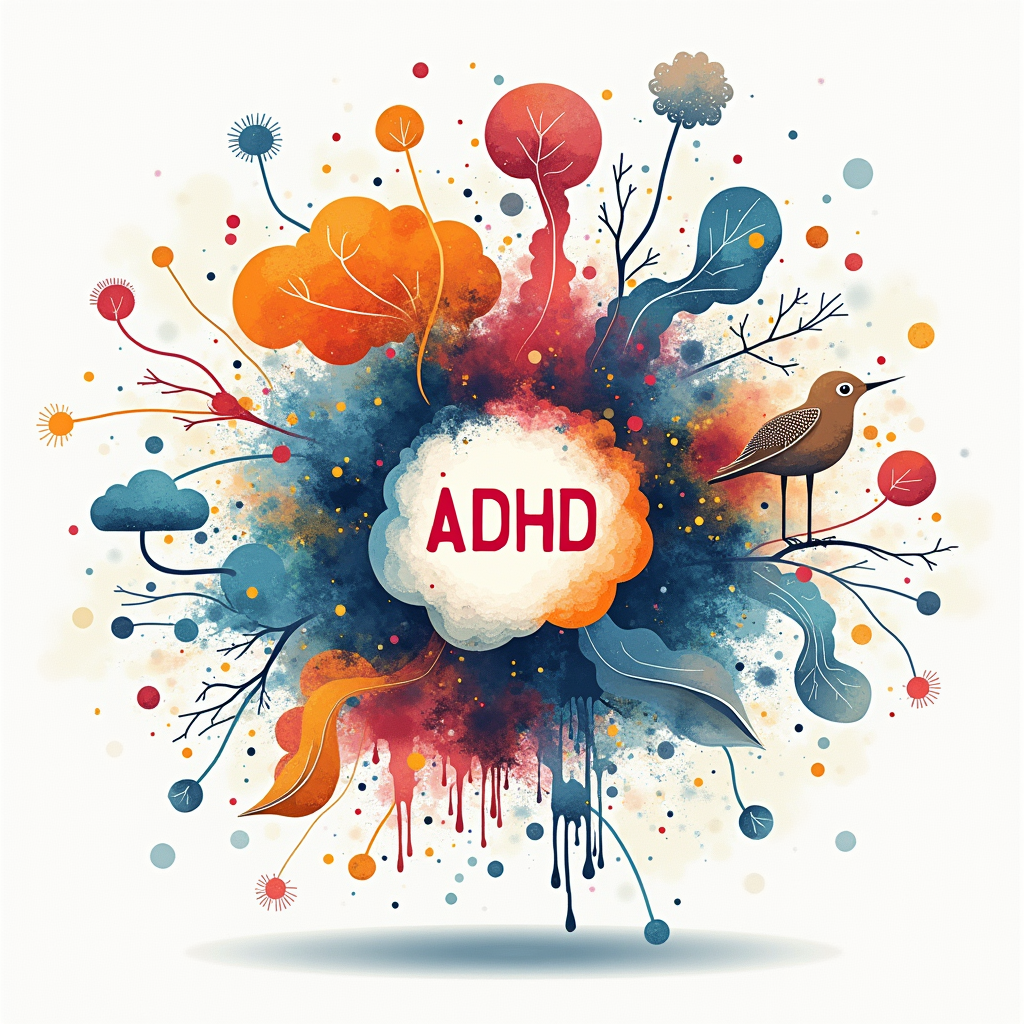A groundbreaking study has unveiled a disturbing reality about Attention Deficit Hyperactivity Disorder (ADHD) that has left experts grappling with profound implications. Brace yourself as we delve into the unsettling findings that have shattered long-held assumptions.
The Hidden Impact: ADHD’s Toll on Life Expectancy
The study, published in the esteemed British Journal of Psychiatry, has sent shockwaves through the medical community. Its findings reveal a startling correlation between ADHD and a significantly reduced life expectancy. For males diagnosed with ADHD, their average lifespan is a staggering 6.8 years shorter compared to those without the condition. Alarmingly, the gap widens even further for females, with a life expectancy deficit of 8.6 years on average.

Unveiling the Unseen: ADHD’s Deadly Consequences
While previous research hinted at a potential link between ADHD and lower life expectancy, this groundbreaking study is the first of its kind to leverage a vast dataset encompassing over 9 million adults across the UK. By analyzing primary care data spanning nearly two decades, from 2000 to 2019, the researchers have uncovered a sobering truth that can no longer be ignored.

The Untold Story: Why ADHD Cuts Lives Short
Delving deeper into the findings, the researchers caution that the life expectancy gap might be overestimated for the broader ADHD population. This is because adults with a formal diagnosis are more likely to have co-occurring mental health or neurodevelopmental conditions, which could contribute to the observed reduction in lifespan. However, the reasons behind this deadly link remain shrouded in mystery, demanding further investigation.

Unmasking the Mystery: ADHD’s Lethal Link Exposed
While the study does not directly attribute ADHD as the cause of shorter life expectancy, experts have proposed several plausible explanations. People with ADHD are more prone to mental health issues, which could exacerbate the problem. Additionally, they may face challenges in accessing adequate healthcare, and lifestyle factors such as smoking, drinking, and binge eating could play a significant role.

The Startling Revelation: ADHD’s Deadly Grip
Alarmingly, the study also highlights a concerning issue of under-diagnosis. Only 0.32% of adults in the study had an ADHD diagnosis, a mere fraction of the estimated 3-4% prevalence rate based on population surveys. This discrepancy raises grave concerns about the potential for undiagnosed and untreated ADHD cases, which could further exacerbate the observed life expectancy gap.

Uncovering the Unsettling Reality of ADHD
Professor Joshua Stott, a senior author of the research from University College London, emphasizes the gravity of the situation, stating, “For this group of people, they have a reduction in life expectancy that is significant, on average, and is disconcerting.” The findings serve as a wake-up call, highlighting the urgent need for early intervention, improved access to healthcare, and a deeper understanding of the underlying mechanisms linking ADHD to premature mortality.

The Disturbing Truth: ADHD’s Unexpected Danger
Oliver Howes, a professor of molecular psychiatry at King’s College London, underscores the study’s significance, noting that it showcases the profound impact of ADHD on people’s lives. However, he also cautions that the research did not examine the timing of ADHD diagnosis in relation to other medical issues or the potential mitigating effects of treatment. The study’s limitations underscore the need for further exploration to unravel the complex interplay between ADHD, comorbidities, and interventions.

Shattering Assumptions: ADHD’s Deadly Secret Unveiled
As the dust settles on this groundbreaking research, one thing is clear: the assumptions surrounding ADHD have been shattered. What was once perceived as a mere neurodevelopmental disorder has now been revealed to have far-reaching and potentially deadly consequences. This sobering revelation demands immediate action from healthcare professionals, policymakers, and society as a whole to address the unmet needs of those living with ADHD and ensure they receive the support and care they deserve.















